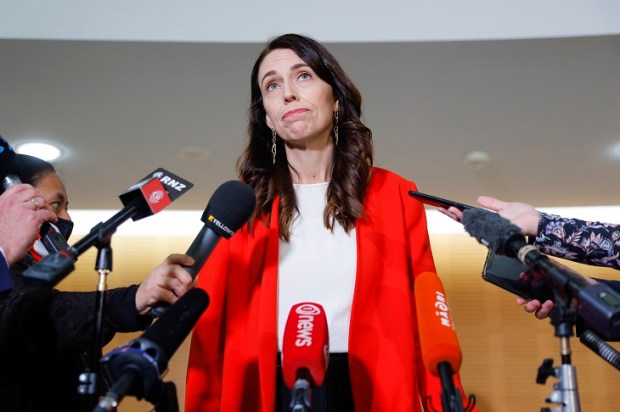The current push from the Greens to change the voting age relates to self-interest, rather than the interest of the voters. They believe, with some justification, that 16-18 year-olds are far more likely to vote for them. This conclusion is reached by the experience of polling results of other countries along with a knowledge of how the politicised education system has become.
Unsurprisingly, Woke New Zealand provides the impetus for Australia, with a change possible after the supreme court recently ruled the current legislation was ‘age discriminating’.
My mother, as was normal in the 1930s, left school at 14. She was capable of reading, writing, and mathematics while also being able to recite sizeable chunks of Shakespeare. At that age, she went to work in a bank where she continued until she was 18 and got married. Rules at the time demanded that she leave employment on marriage. By the age of 21, when she was able to vote, she had had a child and my father had gone to war, leaving her living with her parents and the London Blitz.
In 1969, the UK was the first country to lower the age to 18. It was felt that this was the modern age of adulthood and most of the rest of the world followed. At that time the political implications were not considered, and indeed there is little evidence this change shifted the vote to the right or left.
Already the voting age has been lowered to 16 in many countries, including Austria, Brazil, Argentina, Scotland, Wales, and left-leaning countries such as Cuba, Nicaragua, and Ecuador. In countries with voluntary voting, there has been large-scale abstention, with a non-voting rate over 20 per cent higher than the general population, perhaps because of lack of interest, perhaps because of a lack of belief in any outcome.
In Australia, adulthood is legally achieved at the age of 18. When comparing my mother’s life experience with that of the modern generation, it is difficult to justify any further lowering. As a 14-year-old, she was far better equipped for the real world than most 18-year-olds are now. Better diets and health care have resulted in earlier physical maturity, but mental maturity is going in the opposite direction. Studies have shown adolescence can now extend to as late as 24!
Australian statistics from 2016 showed that 47 per cent of 20-24-year-old males and 39 per cent of females still lived at home, perhaps now even more so after Covid.In 2020, 47 per cent of this cohort were at university and 22 per cent were not in full-time work or education, only around 30 per cent were self-supporting.
Despite some calling the lack of vote ‘a glaring constitutional injustice’, this age group has little experience of work, life, finance, or politics. An ever-growing number postpone joining the ‘real world’ by taking university courses, increasingly leading to lack of employment and a large un-repaid debt. Do we suggest that a still younger 16-year-old should drive a car, drink alcohol, serve on a jury, or fight a war (the UK is the only country to recruit 16-year-olds)? Political engagement is important, but needs to be based on life knowledge. Perhaps these statistics suggest we should raise the voting age back to 21!
Whilst these life lessons are only learned over years, the ideological input now begins at an ever earlier age with pre-school and extends to a later age. The school curriculum is filled with a left-wing agenda of Critical Race Theory, anti-colonialism, and dispossession which for many is then reinforced in university. It would be surprising if the 12-plus years of indoctrination (rather than education), did not have some effect on opinion.
What is apparent is that the emphasis on sociology has come at the expense of knowledge, with literacy and numeracy declining dramatically and an increasing number of young adults functionally illiterate.
In Australia, with its compulsory voting system, lowering the voting age could produce greater alteration of the outcome. Any change in voting age should be evidence-based. The idealism of youth should always be encouraged, but it is often lacking reality; protesting movements for climate change, Aboriginal rights, drug legalisation, etc., are usually based on emotion rather than fact.
Why stop at 16? Perhaps those at primary school who are ‘deprived of their rights’ should also be given a vote… Without greater knowledge, (a comment that could also apply to some adult voters), idealistic and unrealistic contributions can be disruptive, rather than constructive.
Winston Churchill summed it up perfectly, ‘Those who are young and are not socialists have no heart, those who are old and still socialist have no brain.’ I fear this is another area, like climate change, where judicial activism, rather than common sense, may prevail.
Ultimately there are three questions; do 16-year-olds want to vote, should they vote, and will the parents have to pay the fine when they don’t vote!

























